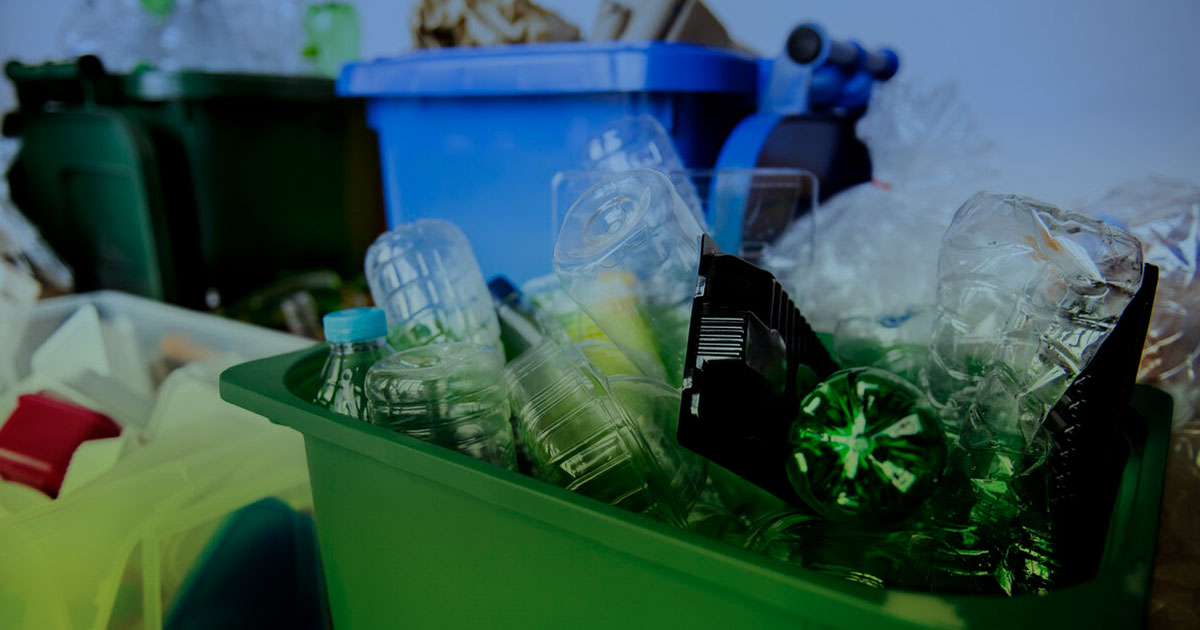
Solid waste management in El Salvador
Improper solid waste management has been a constant problem over the years, whose urgency increases as we approach an environmental point of no return. Given this situation, it is essential to take concrete actions to reduce the amount of waste generated in the country.
In El Salvador, more than 3,600 tons of waste are produced daily, according to the Ministry of Environment and Natural Resources, the composition of the waste generated is: 58% organic matter and 42% inorganic matter. The composition of the inorganic fraction is; 2% aluminum, 2% glass, 11% plastic, 19% paper and 8% others, of which 75% can be recycled, reused or behaved.
Solid urban waste is that which originates from the domestic and commercial activity of cities and towns. In developed countries, more and more packaging, paper, and all kinds of disposable materials are used; the culture of "use and throw away" has spread and implanted to all types of consumer goods, causing the amounts of garbage generated to have grown to reach very high figures
The waste produced by urban dwellers includes ordinary waste, old furniture and appliances, packaging, waste from commercial activity, leftovers from garden care, street cleaning, etc. As expected, this is the largest group and its residues are usually composed of:
- Organic matter: these are the remains from cleaning or preparing food along with leftover food.
- Paper and cardboard: newspapers, magazines, advertising, boxes and packaging.
- Plastics: bottles, various jars, broken crockery, etc.
- Metals: aluminum cans, boats, containers, etc.
- The Improvement Plan: Aimed at expanding the installed capacity of the country, through the construction of three new sanitary landfills and the organization of a network of more than 30 composting plants at the municipal level;
- The Recovery Plan: Focused on strengthening the separation of waste at the generation site (homes, industries, businesses, etc.), the formalization of selective collection systems and the establishment of waste utilization systems.
- The Awareness Plan: Which establishes the education and awareness actions that allow the change of habits and practices of the population regarding waste management.